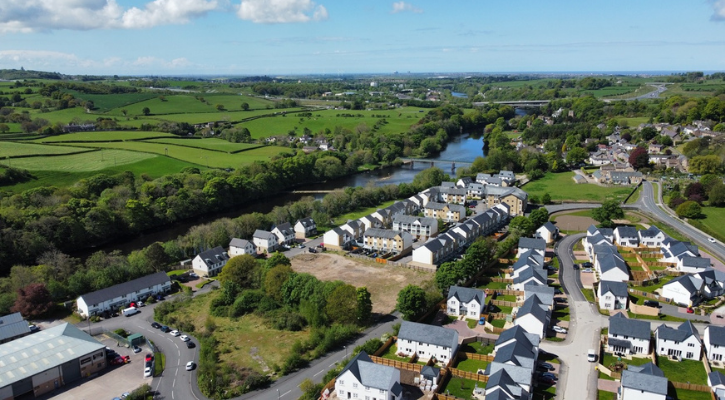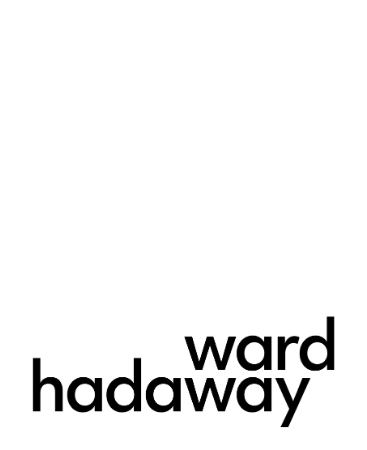A team of specialist housing lawyers from Ward Hadaway’s Built Environment Team have successfully supported their client to start construction on a new Passivhaus Standard scheme in Lancaster.

Lawyers from planning, construction and housing provided legal advice on all aspects of the £4m South Lakes Housing (SLH) development to build 20 high-quality eco-friendly family homes on a brownfield former industrial site in Halton.
The homes will be available for affordable rent and shared ownership for local people and are being delivered by SLH in partnership with the Lune Valley Community Land Trust and Lancaster City Council.
The Passivhaus homes will provide comfort, quality and lower running costs for residents and will help SLH to achieve its aspiration to reduce household bills and achieve affordable warmth for customers.
The homes will be constructed offsite to reduce costs and construction time and will help cut carbon emissions. Compared to standard buildings, homes that are built to Passivhaus standards generally need 90% less energy for heating and hot water and are constructed using airtight building fabric, high performance windows and doors and insulated frames.
Passivhaus homes are built with meticulous attention to detail and additional requirements are added in addition to standard building regulations. A Passivhaus Certifier must certify the homes meet the required standard and Ward Hadaway also liaised with Local Authority Building Control to ensure the relevant guarantees of the homes will be covered once they have been developed.
Mitch Brown, a consultant at Ward Hadaway has been involved in all SLH transactions and was instrumental in negotiating this latest deal.
He said: “This is an exciting development not just for our client and the Lune Valley Community Land Trust but for the local community. By bringing together our specialist expertise and supporting our client with everything from planning, financing, development and regeneration, we’ve been able to successfully bring this Passivhaus development to the city.
“The eco-development not only supports our client’s aspiration but also the government's. Prime Minister Boris Johnson said we need to build back better and build back greener and that is exactly what this development does.
“I’m really looking forward to seeing how the development progresses and to visit once it has been completed. This is really exciting for the local people of Halton.”
Melanie Dirom, a director of social housing at the firm’s Manchester office, said: “It’s great to see our client using new modern methods of construction for this development and I hope it will set a precedent for other developments across the North West region.”
South Lakes Housing secured grant funding from Homes England to build the development.
Cath Purdy, Chief Executive of South Lakes Housing, said: “South Lakes Housing is delighted to be developing this innovative housing scheme in partnership with Lune Valley Community Land Trust and Lancaster City Council. Ward Hadaway has expertly guided us through the nuances of a partnership of this nature and the complexities of delivering a Passivhaus standard scheme. We are committed to working collaboratively to deliver more sustainable, community-based homes and we are excited to be bringing this development forward – a first of its kind for SLH. This has been a great team approach that will deliver great benefits for residents and the wider community.”
The Lune Valley Community Land Trust bought the land from the land-owner and received grant funding from Lancaster City Council to cover pre-development costs incurred for preparation of planning.
Charles Ainger, Chair of Lune Valley Community Land Trust, said: “Implementing our long-term partnership with South Lakes Housing requires the lease to incorporate our collaborative community-led housing goals, while keeping it 'lendable against' for South Lakes' lenders. Hard and careful work by Ward Hadaway, and our solicitors Trowers & Hamlins, with good understanding from both sides, achieved this key combination. We hope this lease model can also be useful to others who want to follow the partnership route for community-led affordable housing.”
The scheme is expected to be completed in summer 2022.








